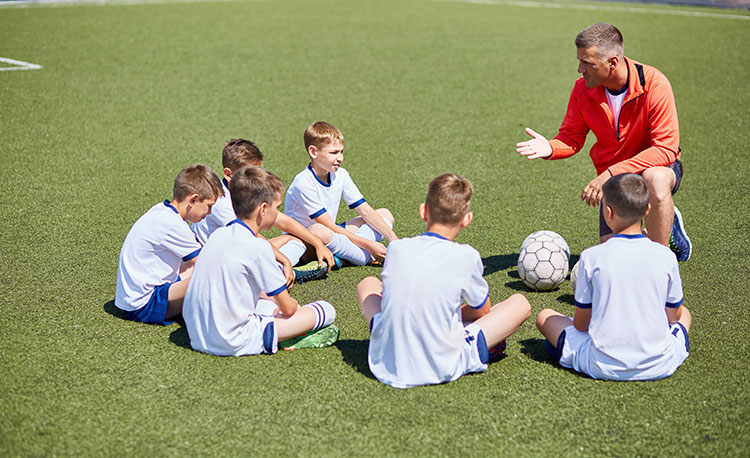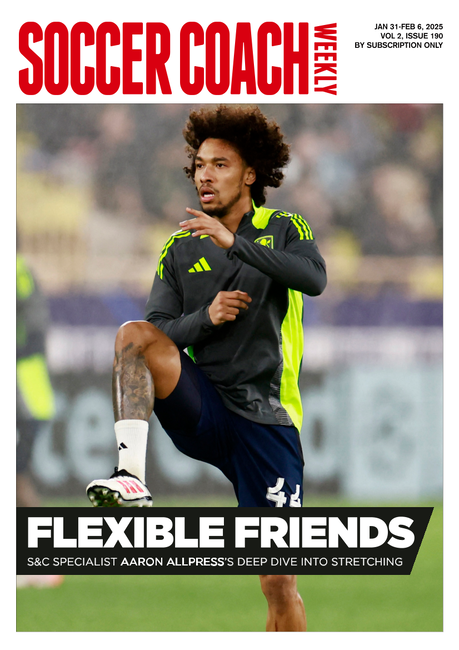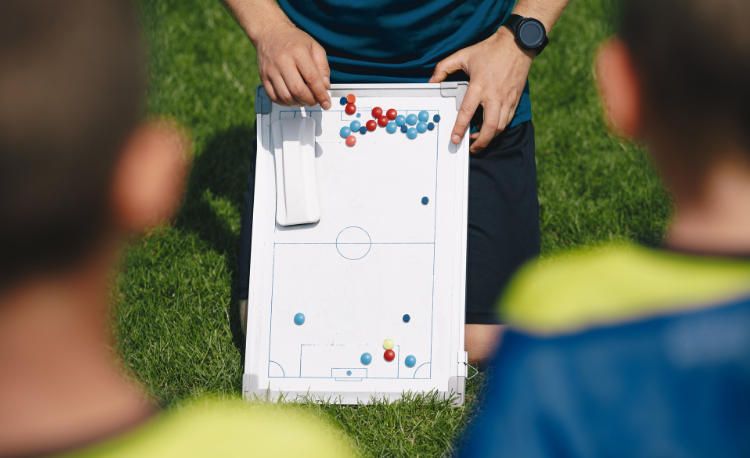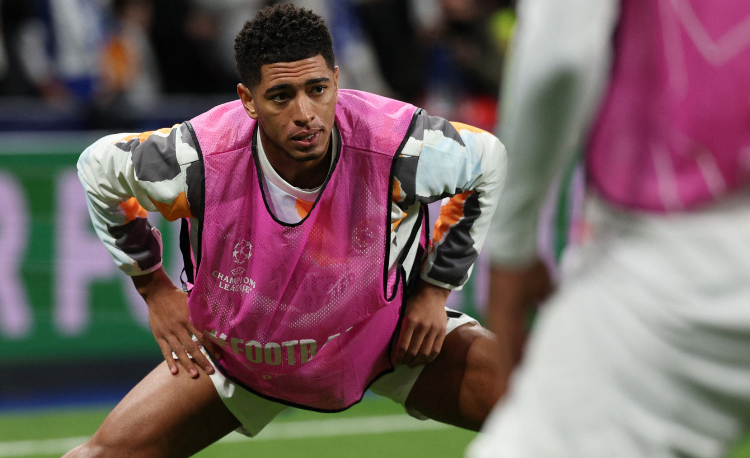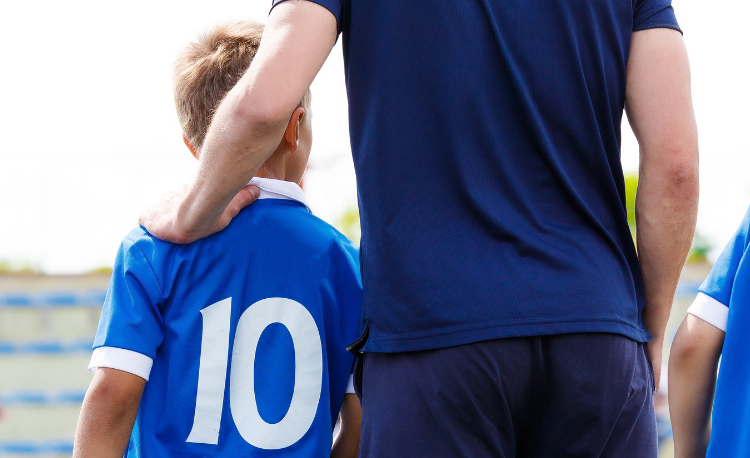4 ways to improve player behaviour
New coach GAGE COOPER on how you can prevent disruption in your sessions
As a new coach, I am eager to get hands-on, delivering the best sessions I can think of.
Sometimes they hit, sometimes they miss. That’s life - all part of the journey. I accept mistakes from myself because I accept it from my players. I’m okay with mistakes.
But there was one thing that troubled me. I didn’t know how to handle a group of 10-year-olds and I didn’t know how to deal with their behaviour.
As adults, we like to think children will just blindly do everything we ask. They will - as long as we have built up a solid relationship with them.
This realisation dawned on me one night after a particularly bad training session. I was having a negative impact on that relationship due to my lack of skills.
This left me feeling awful. It wasn’t fair on them and it wasn’t good for me. So I undertook a challenging behaviour course and this is what I learned.
01 - CONSIDER UNDERLYING REASONS FOR BEHAVIOUR THAT CHALLENGES
First of all, I love this definition - ‘behaviour that challenges’. Not ’bad’ behaviour, you’ll notice - because kids aren’t bad people and they’re not behaving in a way to be a villain.
Behaviours are often a child’s way of expressing themselves and communicating their emotions. Any behaviour we would normally describe as ’naughtiness’ could be the result of a child’s problems at home, an experience of trauma or neglect, peer pressure or they may have special educational needs or disabilities.
This is why we must not react badly or ‘snap’ at behaviour that challenges. We should always approach with intelligence and compassion.
02 - DEFLECT BEFORE YOU REACT
This is what I mean by reacting in an intelligent way. Rather than an instant reaction to a low-level disruption by scalding the child, use softer techniques.
This can include strategically ignoring attention-seeking behaviours - sometimes children who want attention seek it even if it’s negative. Be sure to give attention positively at more appropriate times.
Where possible, use humour to deflect. Peer praise can help get the whole group onside, too. If you notice a few are being disruptive, while others are displaying model behaviour, praise the majority who are setting a good example.
Let them know they are showing the behaviours required and watch as the ones who aren’t suddenly start looking for praise themselves - when they reach your expectations, make sure to praise them.
03 - ALWAYS REMAIN CALM
Sometimes this can be hard. You may be trying to lead a session while children are wrestling each other, shouting over you and totally disregarding your instructions.
You might feel like packing up and go home but it is vital to stay calm. How you react is your first step to reclaiming the room. If they sense you’ve lost it, you wont get them back. Worse still, when you lose it with them, you’ll start to fracture any relationship you had built up with them.
04 - DON’T ALLOW THEM TO SWITCH OFF OR MESS ABOUT
Make your sessions as fun as possible with plenty of activities and games. I believe the warm up sets the tone - make that interesting and set the expected behaviours right from the off.
Finally, be fun! Have a laugh with them, make them feel good and be positive. Show your passion and enthusiasm for our sport. The reason we all turn up on cold nights is because we love the game, so let them see it.
All this sounds simple, but it’s not. The world-class basics take continual effort and study.
Related Files
Newsletter Sign Up
Coaches Testimonials

Gerald Kearney, Downtown Las Vegas Soccer Club

Paul Butler, Florida, USA

Rick Shields, Springboro, USA

Tony Green, Pierrefonds Titans, Quebec, Canada
Subscribe Today
Discover the simple way to become a more effective, more successful soccer coach
In a recent survey 89% of subscribers said Soccer Coach Weekly makes them more confident, 91% said Soccer Coach Weekly makes them a more effective coach and 93% said Soccer Coach Weekly makes them more inspired.
*includes 3 coaching manuals
Get Weekly Inspiration
All the latest techniques and approaches
Soccer Coach Weekly offers proven and easy to use soccer drills, coaching sessions, practice plans, small-sided games, warm-ups, training tips and advice.
We've been at the cutting edge of soccer coaching since we launched in 2007, creating resources for the grassroots youth coach, following best practice from around the world and insights from the professional game.
